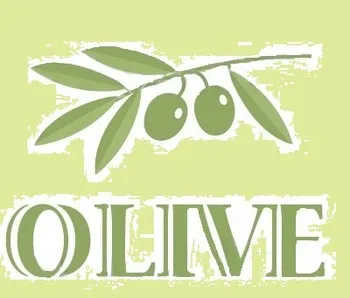Depression and (Hypo)mania
Patrick Pössel,+1 more
– pp 363-381
1 CitationsSave
TL;DR: In this paper, a review of the literature about social skills and competency focusing on minors with a mood disorder or mood symptoms is presented, which summarizes what is known about the link between social competency/social skills and mood disorders; for example, to what degree are a lack of social support and social behaviors and skills causes, symptoms, or consequences of mood disorders.
Abstract: Mood disorders such as major depressive disorder and bipolar disorder are among the most prevalent mental health problems. They often start early and cause impairment and disability, even if the symptoms of depression and (hypo)mania might not reach the diagnostic threshold for a formal diagnosis. With regard to etiology, several theories have been developed, and some emphasize the role of interpersonal problems, such as skill deficits, loss of social reinforcements, or role transitions in the origins of mood disorders, especially depression irrespective if it occurs in the context of a major depressive disorder or bipolar disorder. Childhood and adolescence are the developmental periods where most of the social learning takes place. Thus, it seems justified to review the literature about social skills and competency focusing on minors with a mood disorder or mood symptoms. The current review narratively summarizes what is known about the link between social competency/social skills and mood disorders; for example, (a) to what degree are a lack of social support and social behaviors and skills causes, symptoms, or consequences of mood disorders; and (b) how might developmental changes and gender differences interact with social support and social behaviors and skills with regard to the development of a mood disorder. Research trends will be highlighted, and we also list gaps in our knowledge. The review also provides an overview about existing instruments to measure social support, social behaviors, and skills. Finally, implications for the assessment, research, and treatment of depression and (hypo)mania are discussed.
うつ病と(軽)躁病
パトリック・ペッセル
- pp 363-381
- 1回引用
- 保存
要約
この論文では、気分障害や気分症状を持つ未成年者に焦点を当てた、社会的スキルと能力に関する文献のレビューが提示され、社会的能力/社会的スキルと気分障害の関連について既知の情報が要約されています。例えば、社会的支援や社会的行動やスキルの欠如が気分障害の原因、症状、または結果である程度について。
概要
大うつ病性障害や双極性障害などの気分障害は、最も一般的な精神的健康問題の一つです。これらはしばしば早期に発症し、診断基準に達しない場合でも、障害や機能障害を引き起こします。病因に関してはいくつかの理論が開発されており、その中には、特に大うつ病性障害や双極性障害の文脈で発生するかどうかに関わらず、気分障害の起源におけるスキル欠如、社会的強化の喪失、役割の転換などの対人問題の役割を強調するものがあります。幼児期や青年期は、ほとんどの社会的学習が行われる発達期です。したがって、気分障害や気分症状を持つ未成年者に焦点を当てた社会的スキルと能力に関する文献をレビューすることは正当化されるように思われます。
このレビューは、社会的能力/社会的スキルと気分障害の関連について既知の情報を叙述的に要約しています。例えば、(a)社会的支援や社会的行動やスキルの欠如が気分障害の原因、症状、または結果である程度、(b)発達の変化や性差が気分障害の発達に関して社会的支援や社会的行動やスキルとどのように相互作用するかについてです。研究の傾向が強調され、知識のギャップも列挙されています。また、社会的支援、社会的行動、スキルを測定する既存のツールについての概要も提供されています。最後に、うつ病と(軽)躁病の評価、研究、治療に関する示唆が論じられています。

